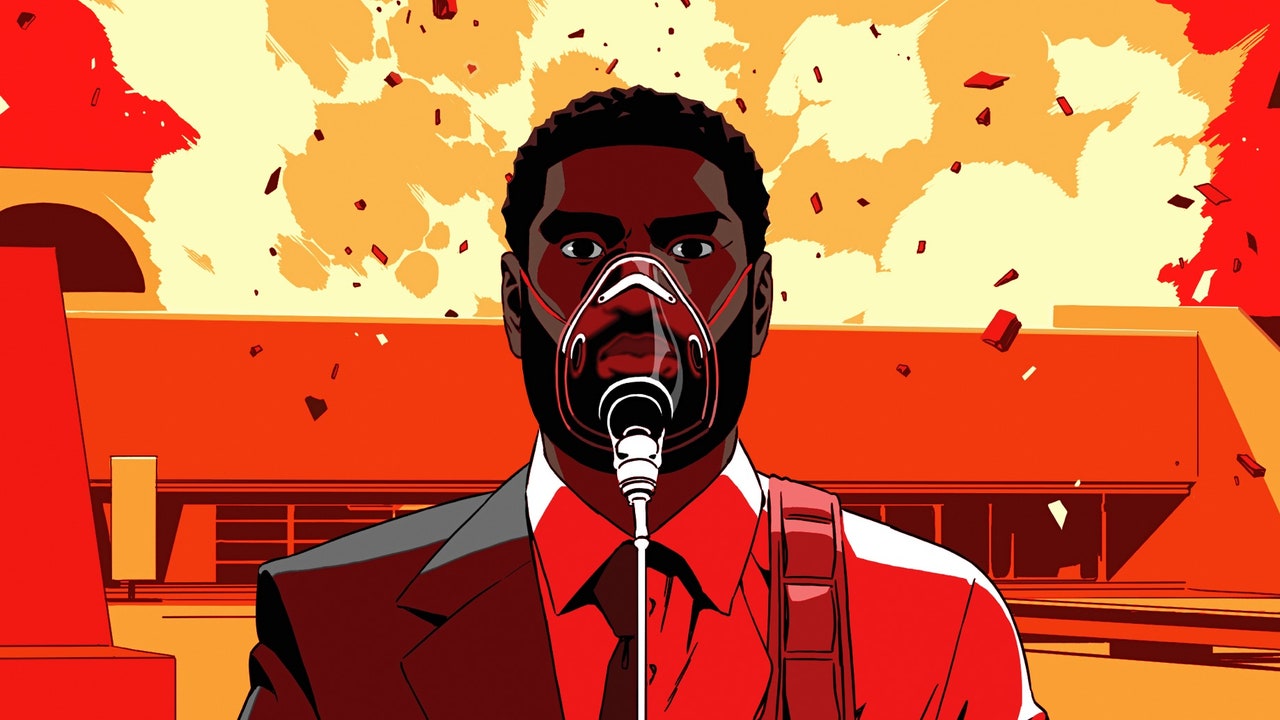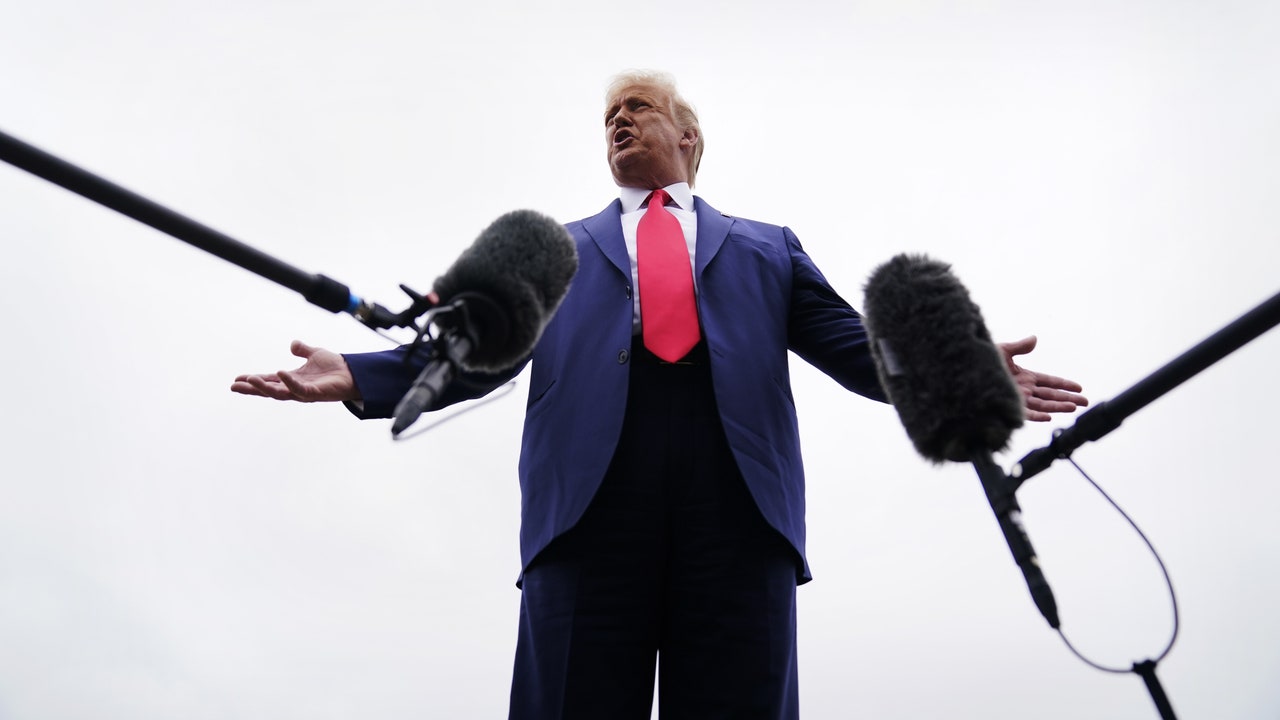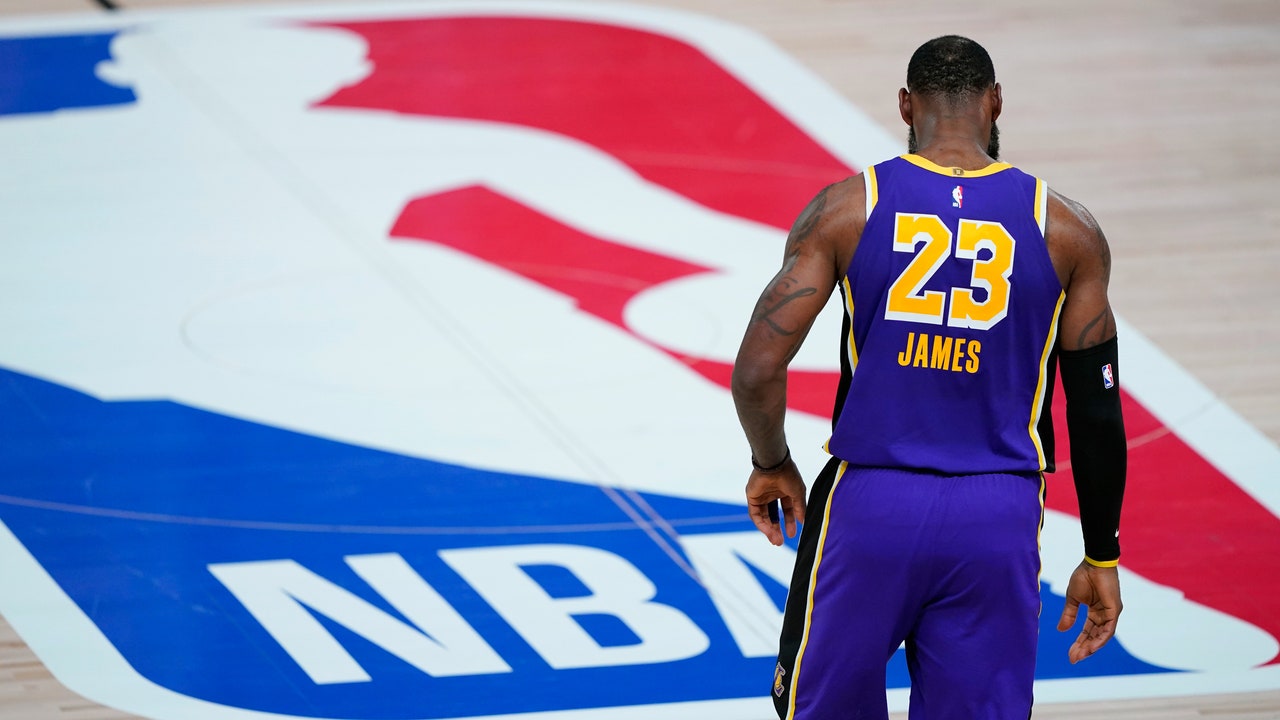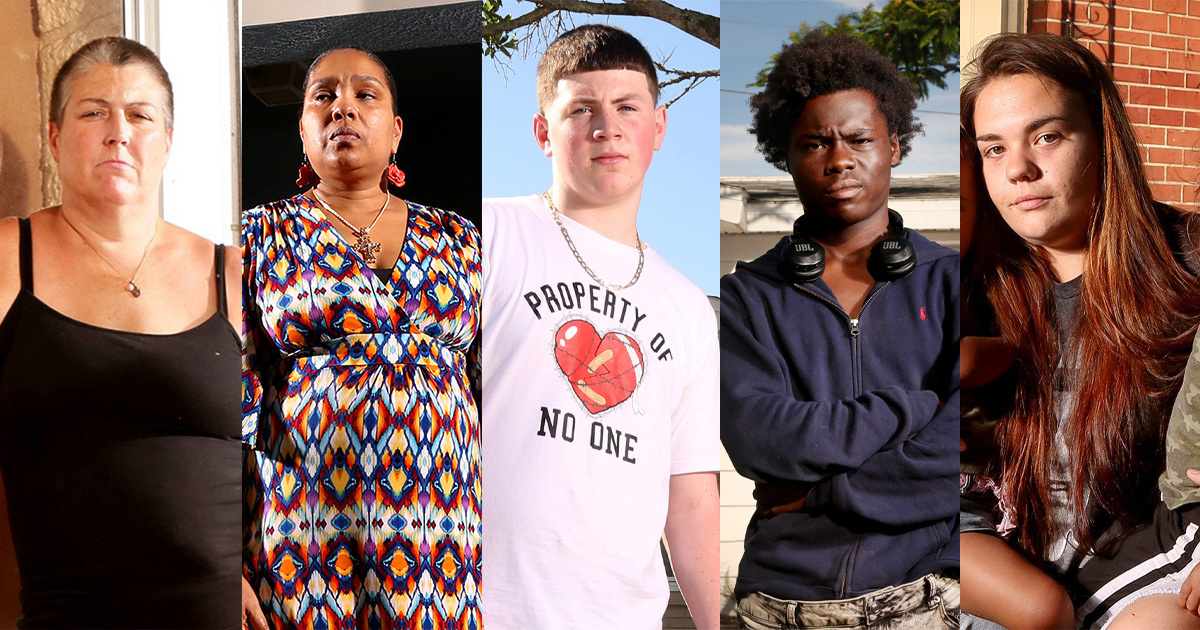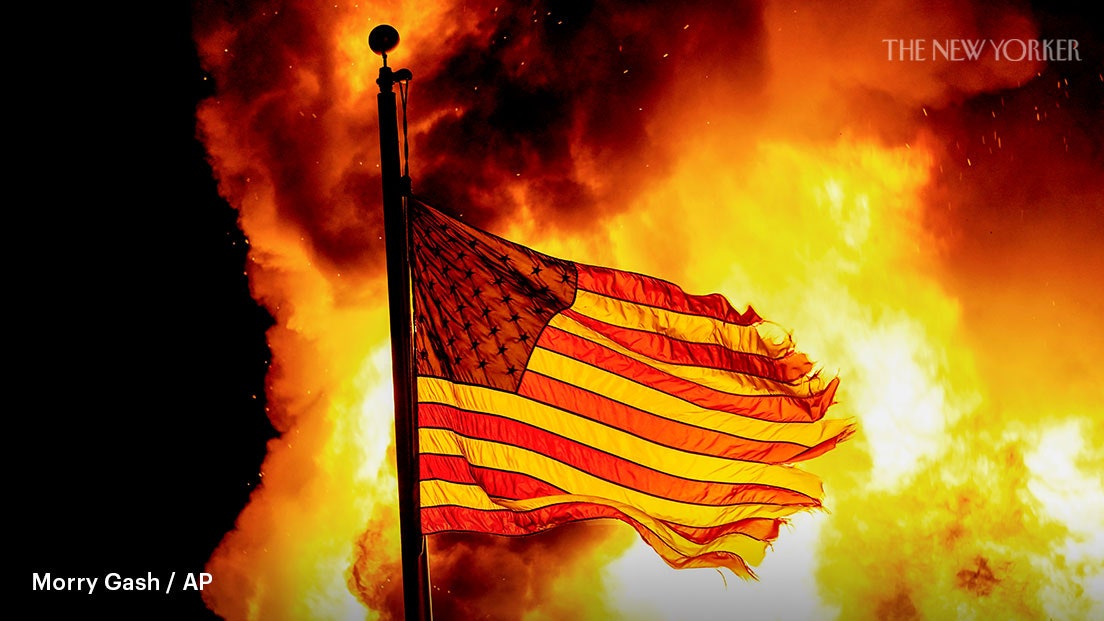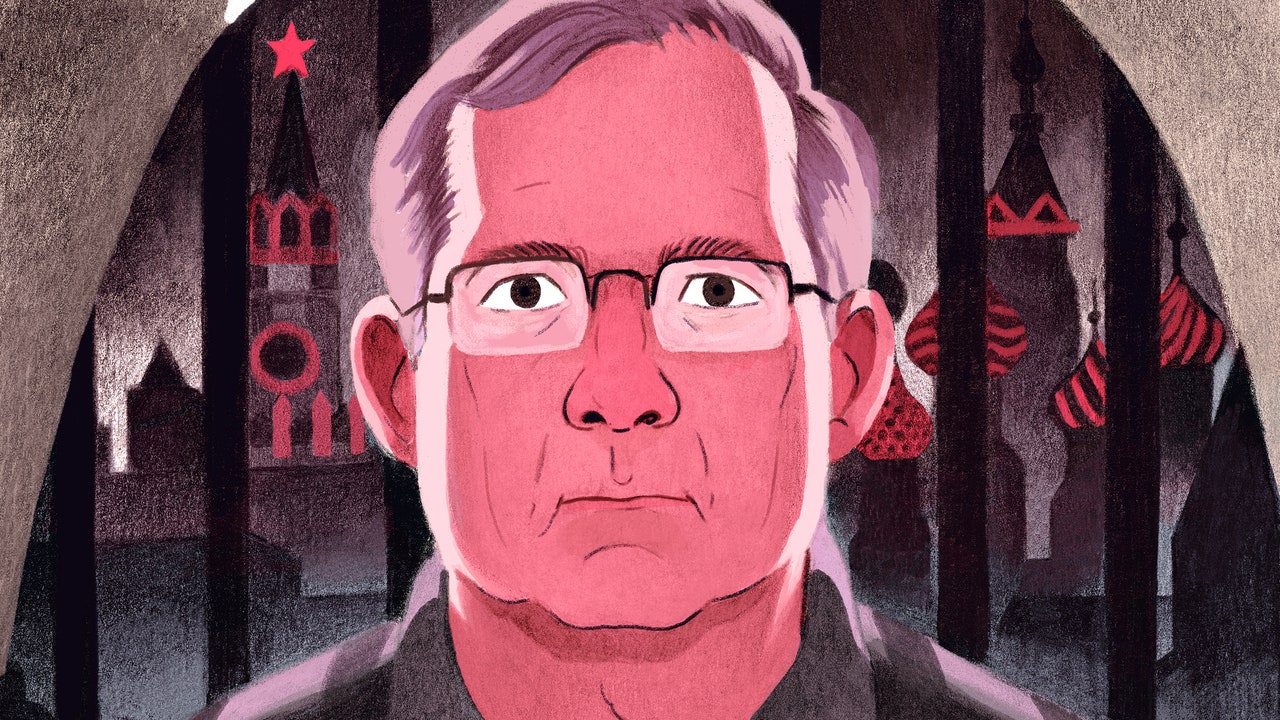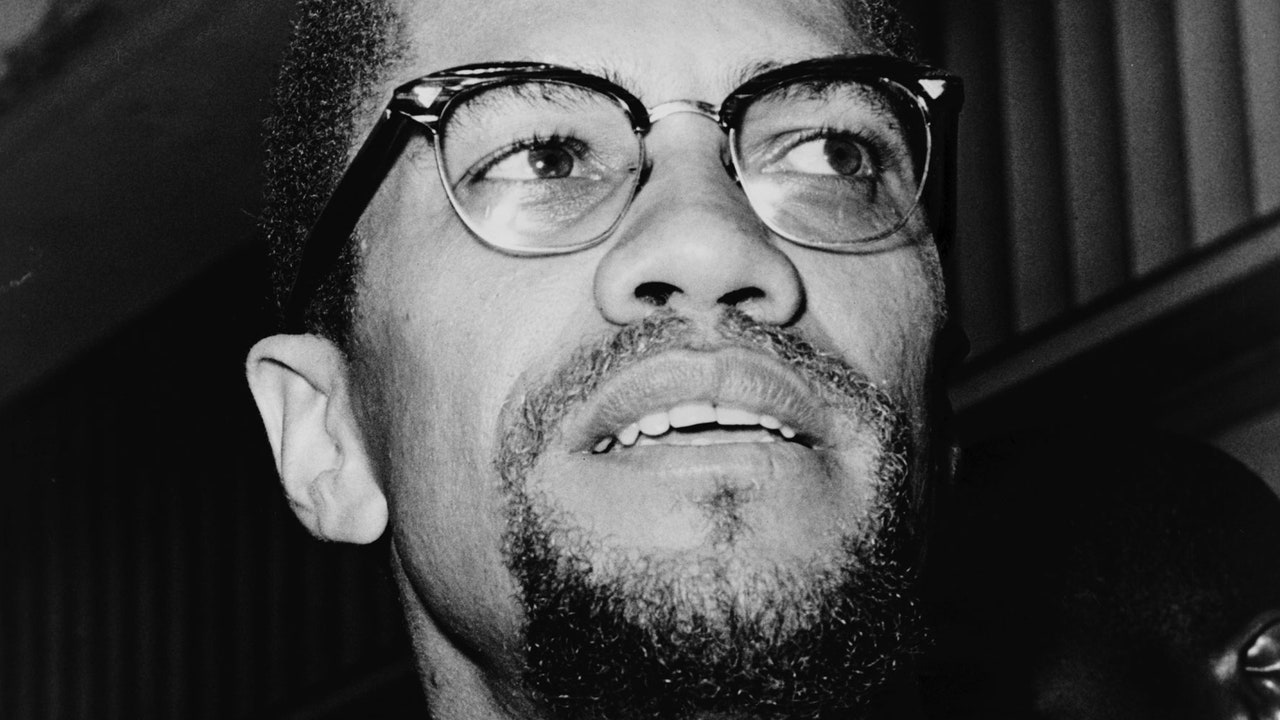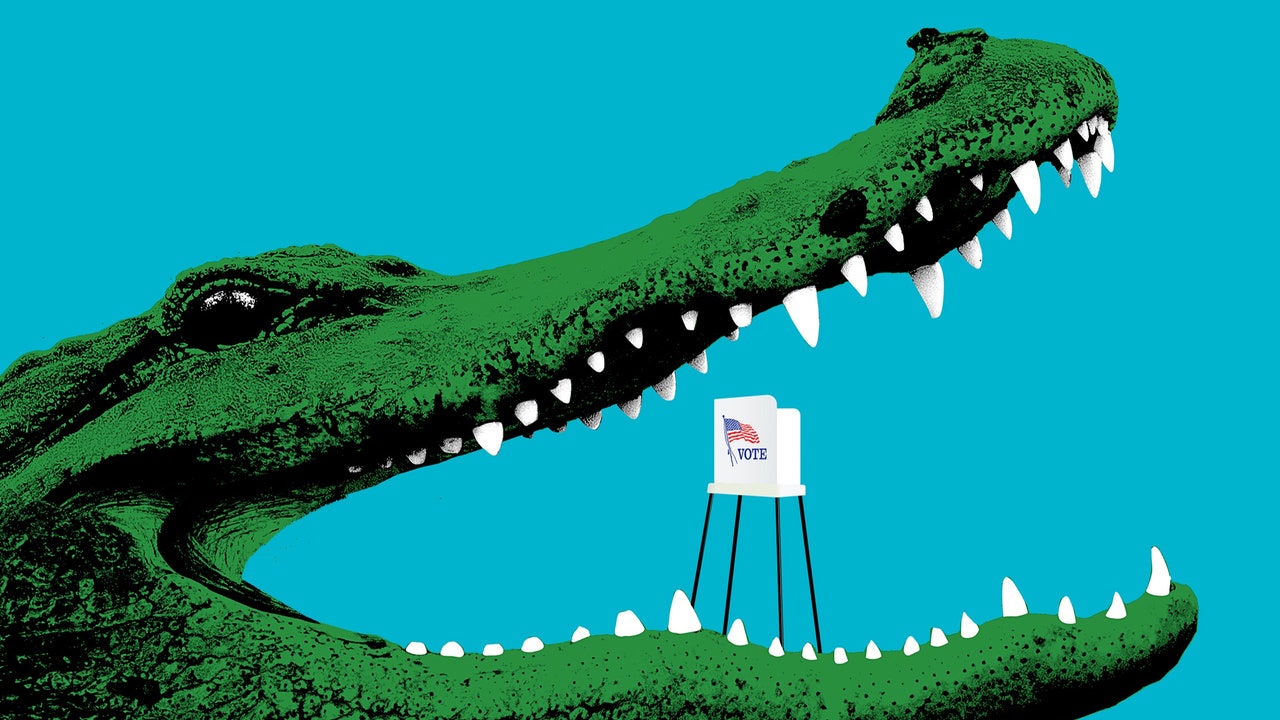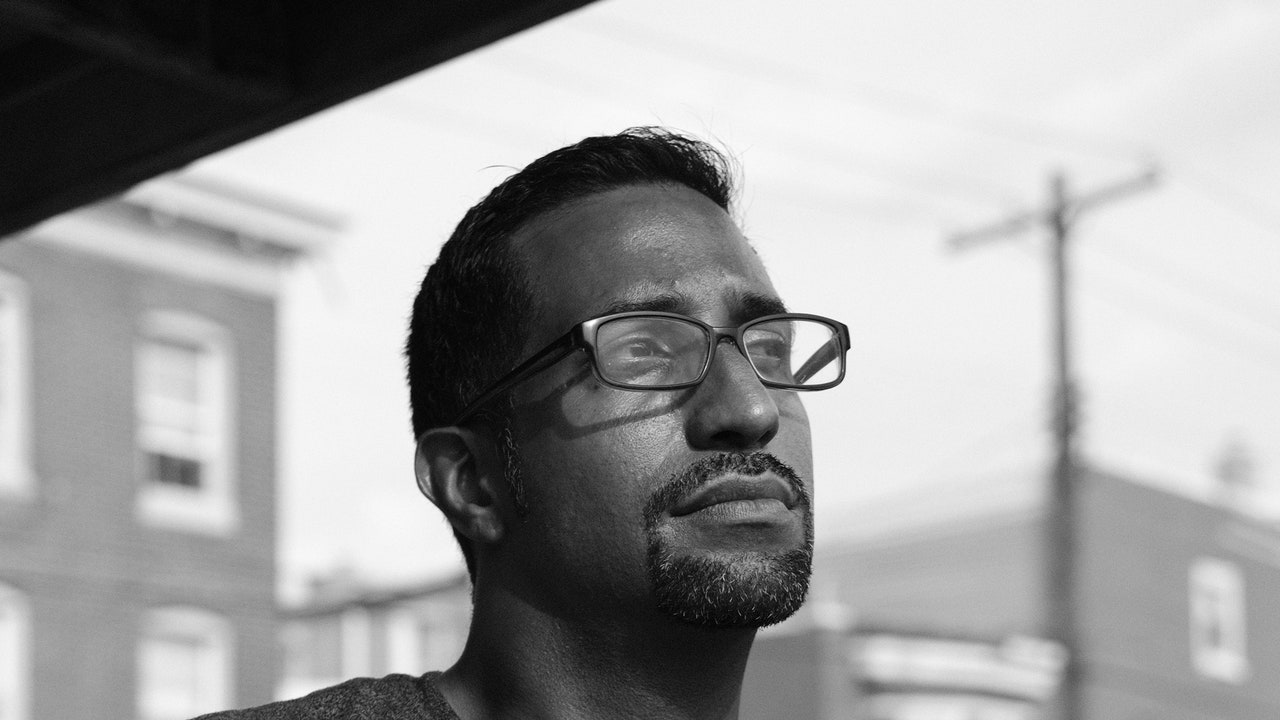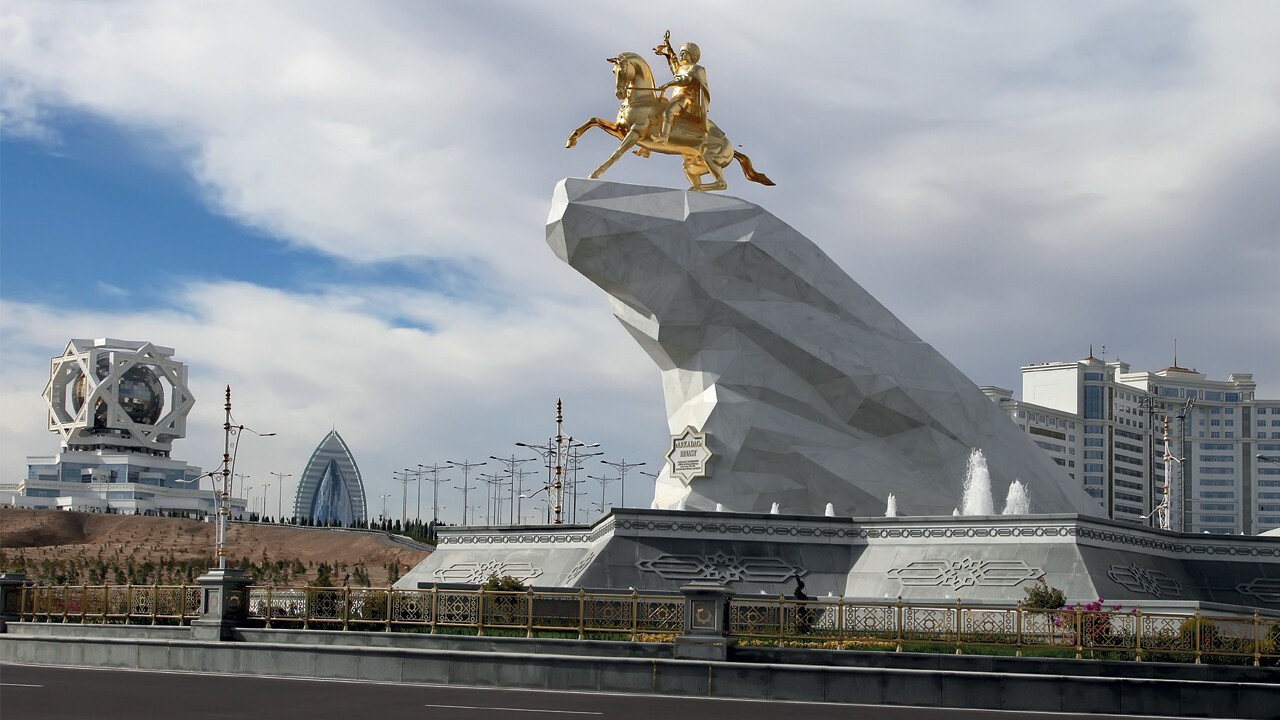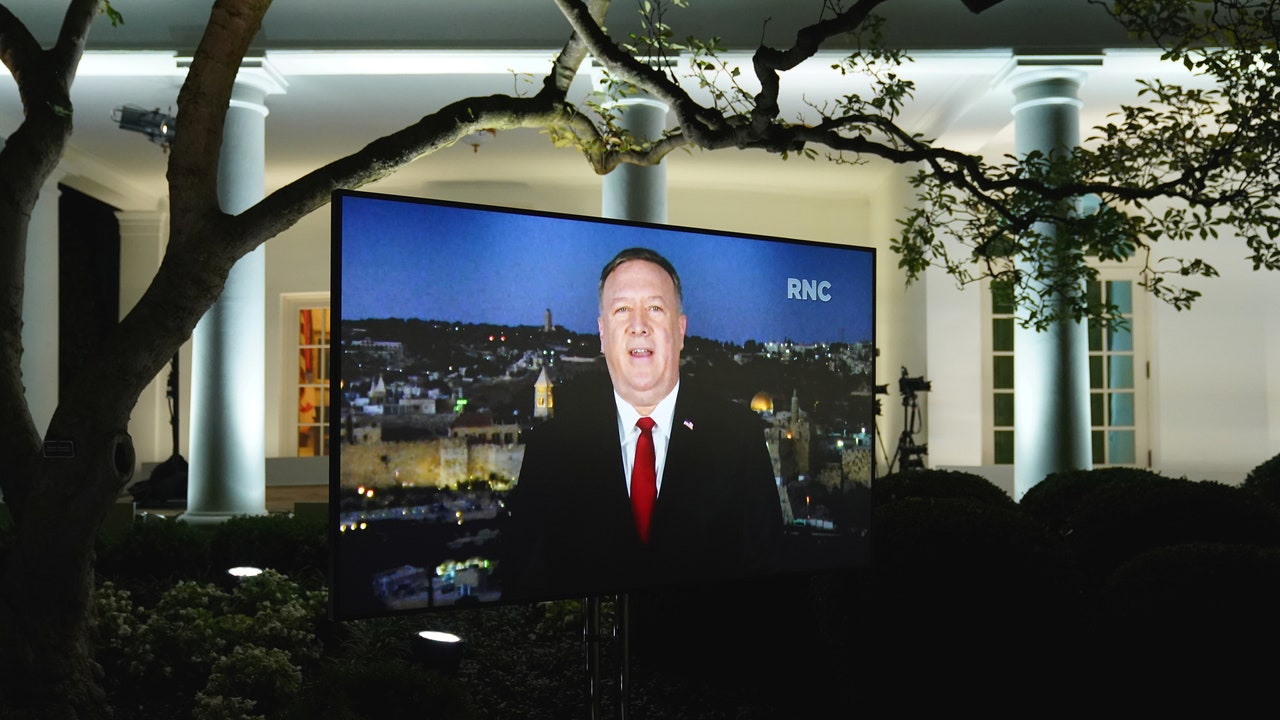“Tenet” is Dazzling, Deft, and Devoid of Feeling
Christopher Nolan’s latest film bears the hopes of an industry desperate to get people back in theatres, but grandeur is no guarantee of impact.
via The New Yorker: https://www.newyorker.com/magazine/2020/09/14/tenet-is-dazzling-deft-and-devoid-of-feeling
Word has it that Christopher Nolan’s new film, “Tenet,” is hard to understand. Not so. It’s a cinch—no more difficult than, say, playing mah-jongg inside a tumble dryer, while the principles of quantum mechanics are shouted at you in fluent Esperanto. In case that feels too easy, Nolan fiddles with the sound mix of the movie, thus drowning out important conversations. If you thought that Bane, the villain in Nolan’s “The Dark Knight Rises” (2012), verged on the inaudible, wait for the folks in “Tenet.” Most of them make Bane sound like Julie Andrews.
